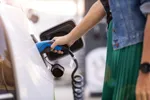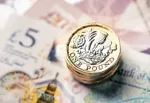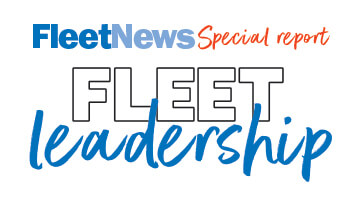The price of diesel has almost reached parity with petrol in many parts of the country.
According to the AA, today's national average prices show the gap between petrol and diesel is now just over half-a-pence per litre.
This time last year, the gap was 13.85p per litre, meaning the difference between the cost of the two fuels has dropped 90% in a year.
This is the first time since 2001 that the prices have been so closely matched.
However, both the AA and Petrol Retailers’ Association have cautioned against switching from petrol to diesel power just on back of the recent convergence of prices.
“The price of petrol and diesel has reached near parity as a result of the wholesale price of diesel dropping in recent weeks,” said Julian Phillips, head of the PRA.
“Predictable seasonal patterns show that fuel prices fluctuate through the year, so fleet operators would be best advised to continue in their current vehicle buying plan.”
Diesel-engined cars get 15-20% more miles per gallon than most petrol equivalents.
However, a diesel car often costs around £1,000 more than a petrol one and breaking even can come after 40,000 miles.
Last July, when the average saving was 1.38p a mile, this break-even point came after 72,464 miles.
However, the AA agreed with the PRA, warning fleet managers that it is unlikely that price parity will be maintained, with the likelihood that diesel prices will rise more rapidly than petrol in the coming months.
“The current closing of the price gap results from a glut of diesel, caused by recession-hit industrial and transport demand, restraining price increases while petrol prices have soared in recent months,” explained Edmund King, the AA's president.
“Once the global economy begins to recover, demand for diesel will pick up and the price difference will open up again.”
Cars that average less than 15,000 miles a year are unlikely to recoup the initial extra cost of a new diesel car within their first three years, advised the AA.
Fleets have also been reminded that it is less than month before the cost of both petrol and diesel will rise by an additional 2p per litre.
The deferred fuel duty rise will come into force at the beginning of September.
The Road Haulage Association has called on the chancellor to delay its introduction again.
“If ever there was a time to reconsider his plan to increase fuel duty by another 2p per litre it has to be now,” said RHA head of communications Kate Gibbs.
“Should he go ahead as planned, this next rise, the third in nine months will equate to an increase of 12% since December last year. What other sector of British industry is, or indeed can be expected to, cope with these continual increases in operating costs?

















Login to comment
Comments
No comments have been made yet.